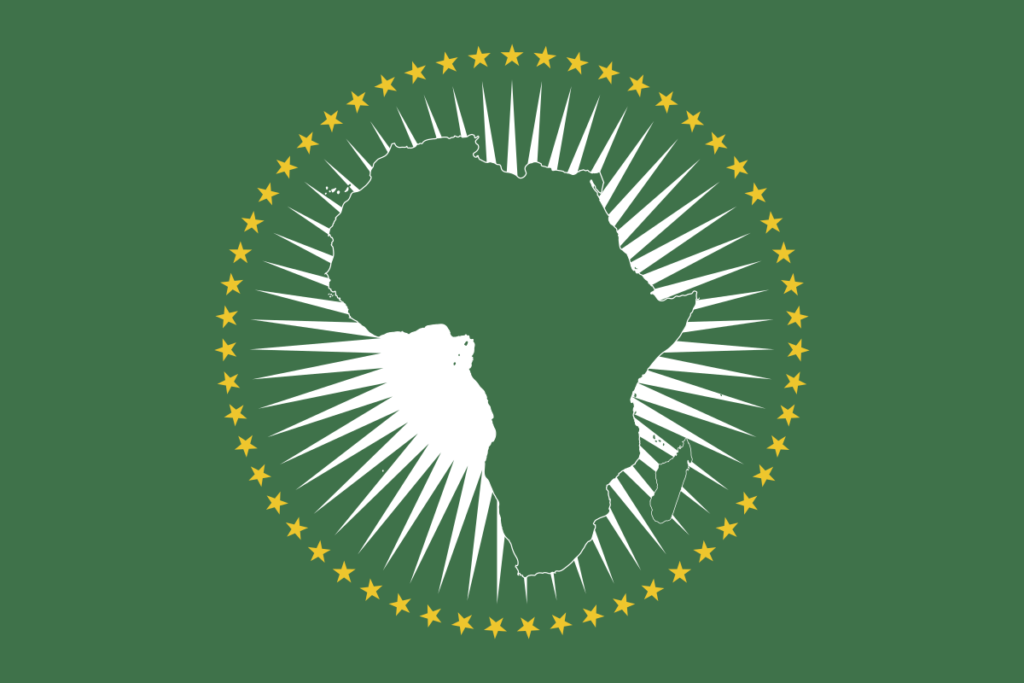Highlight 31/2024 – Promoting Human Rights and the Environment: The Challenge for the African Union
Amina Zouihri, 21 August 2024

The African Union is at a crossroads where human rights and environmental protection meet. In a continent rich in natural resources but often marked by conflict and inequality, promoting these two aspects is not only a challenge but also a necessity for sustainable and inclusive development. These problems are often exacerbated by inadequate environmental policies and unsustainable exploitation of resources.
Moreover, it is increasingly recognised that human rights and environmental protection are closely linked. Violations of human rights, such as forced displacement and armed conflict, can have devastating impacts on the environment. Conversely, environmental degradation can exacerbate inequalities and conflicts, disproportionately affecting the most vulnerable populations.
The African Union, created in 2002 as the successor to the Organisation of African Unity, has a mission to promote unity and solidarity among African countries, to coordinate and intensify cooperation for development, and to defend the sovereignty, territorial integrity and independence of its member states. However, the promotion of human rights and the protection of the environment have become increasing priorities on its agenda.
Human rights are at the heart of the AU’s mission. The African Charter on Human and Peoples’ Rights, adopted in 1981, is a key document that sets out the civil, political, economic, social and cultural rights of Africans. However, the implementation of these rights remains a major challenge.
For example, countries such as South Sudan and the Democratic Republic of Congo are regularly cited for serious human rights violations, including massacres, rape and forced displacement.
Environmental protection is another major challenge. Climate change, deforestation, desertification and pollution are problems that seriously affect the continent. For example, Lake Chad, once one of the largest lakes in Africa, has lost over 90% of its surface area in the last 50 years, affecting millions of people who depend on its resources. However, the implementation of many initiatives is often hampered by challenges such as lack of funding, weak institutions and the need to reconcile economic and environmental interests.
To address these challenges, the AU must adopt an integrated approach that recognises the interconnectedness between human rights and environmental protection. This requires policies and programmes that promote both simultaneously. For example, sustainable development initiatives must include measures to protect the rights of local communities and ensure their participation in decisions that affect their land and resources for opportunities for sustainable and inclusive development.
In conclusion, Africa has the potential to become a world leader in sustainable development, but this requires a strong commitment and concerted action from all stakeholders. The African Union has a crucial role to play in this process, and it is essential that it continues to promote human rights and environmental protection as inseparable priorities.
Amina Zouihri, Highlight 31/2024 – Promoting Human Rights and the Environment: The Challenge for the African Union, 21 August 2024, available www.meig.ch
The views expressed in the MEIG Highlights are personal to the authors and neither reflect the positions of the MEIG Programme nor those of the University of Geneva.
